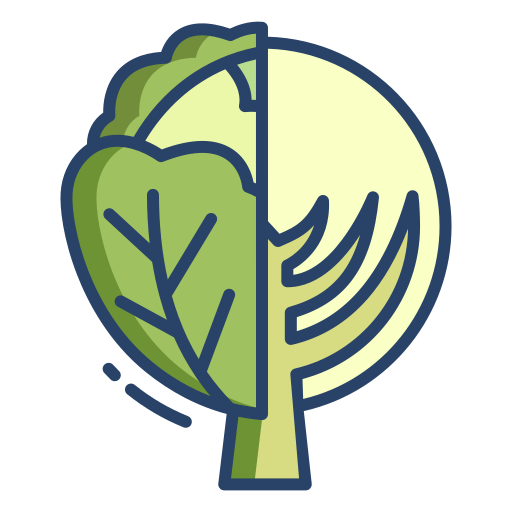All Categories
 Beverages( 0 Items )
Beverages( 0 Items ) Vegetables & Spices( 0 Items )
Vegetables & Spices( 0 Items ) Fresh Fruits( 1 Items )
Fresh Fruits( 1 Items ) Bread & Coockies( 0 Items )
Bread & Coockies( 0 Items ) Frozen Foods( 0 Items )
Frozen Foods( 0 Items ) Superfoods & Grains( 0 Items )
Superfoods & Grains( 0 Items ) Fresh Tomatoes( 0 Items )
Fresh Tomatoes( 0 Items ) Nutt & Seeds( 0 Items )
Nutt & Seeds( 0 Items ) Fresh Organic( 4 Items )
Fresh Organic( 4 Items )
+90 157 058 4567
24/7 Support




